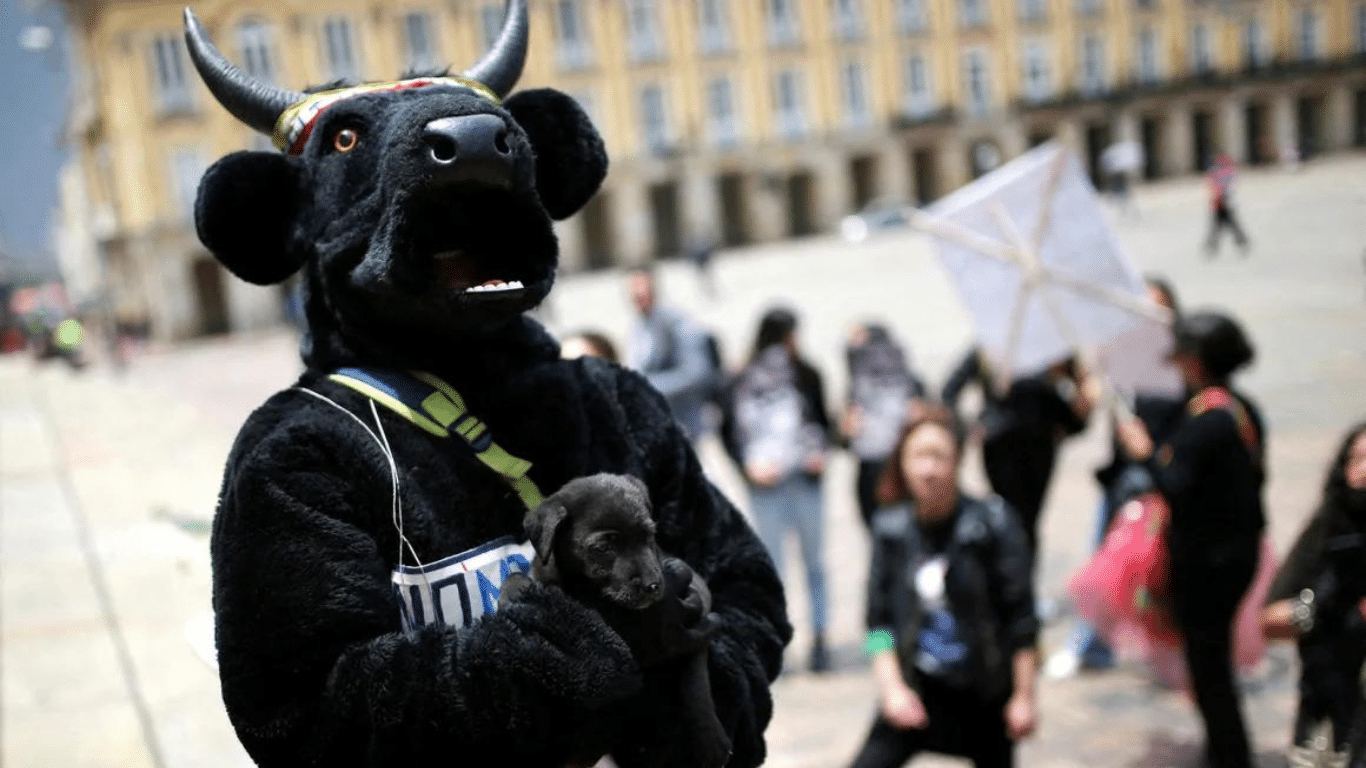Original article written by Stefano Pozzebon, Michael Rios and Heather Chen, CNN
Originally published by CNN News (May 28, 2024)
Colombia has approved a bill banning bullfights, marking a significant victory for animal rights activists over advocates who argued to uphold the sport in the South American country.
On Tuesday, 93 congressmen voted in favor of banning bullfighting – with only two against it – sending the bill to President Gustavo Petro for final approval.
Petro, the country’s first leftist president, celebrated the victory on X, writing: “Congratulations to those who managed that death will no longer be a show.”
Once signed into law, there will be a three-year transition period to help families depending on the sport to find new sources of income.
Colombia is one of only eight countries where bullfighting still takes place.

The others are France, Portugal, Mexico, Ecuador, Peru, Spain and Venezuela, where the controversial sport still commands audiences but also firm opposition.
During fights, bulls are taunted with spears and colorful capes inside an arena before being stabbed and killed in front of cheering crowds.
In Colombia, supporters argue that it is a form of “art” and an important source of income for bull breeders, as well as street vendors who clamor for trade outside arenas.
However, animal rights activists have long condemned the sport as being bloody and barbaric, because it subjects the animals to a slow and painful death.

“We are prioritizing the welfare and defense of all animals,” Congressman Alejandro Garcia, one of the proponents of the ban, told Colombia’s Chamber of Representatives shortly after the vote passed. “To the whole world, we say Colombia is in a process of cultural transformation, where all beings retain dignity.”
“We do not believe that an expression of torture and barbarism can be considered cultural,” said lawmaker Juan Carlos Losada.
Other countries in South America which have already banned the practice include Brazil and Argentina.

